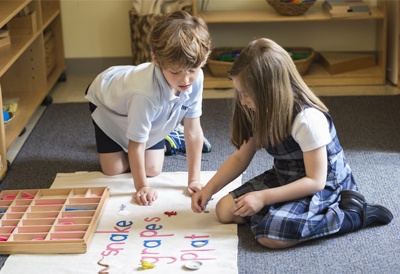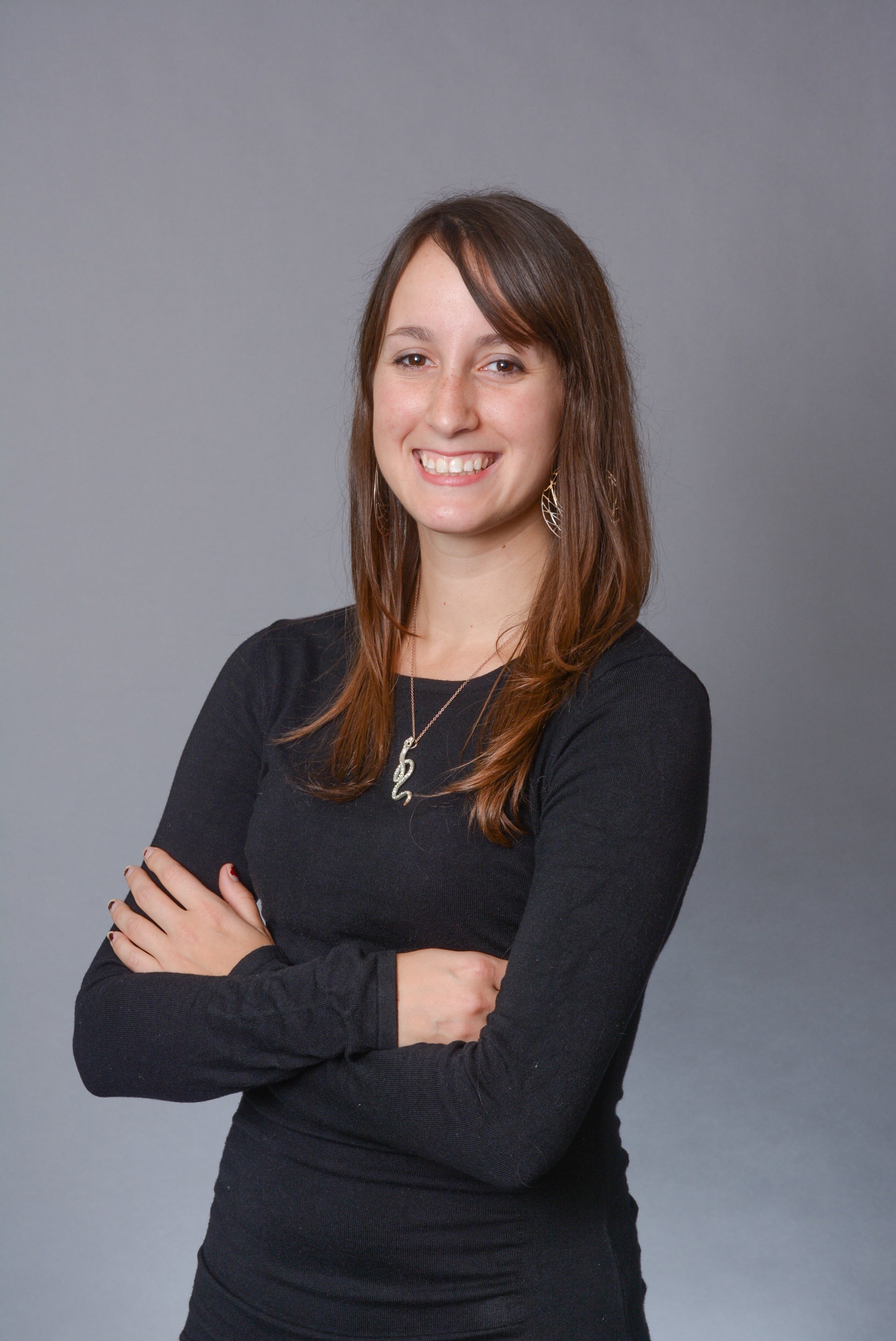 The preschool years are a vital time for learning. Choosing the right preschool for your child may well be one of the most important decisions you’ll make.
The preschool years are a vital time for learning. Choosing the right preschool for your child may well be one of the most important decisions you’ll make.
During preschool, your child’s growing brain is undergoing dynamic “anatomical and physiological changes” that happen at no other time during maturation. The neural pathways they create during this time will support learning throughout their lifetime.
A peer-reviewed article published by the National Institutes of Health, “Brain Development during the Preschool Years,” refers to this time in a child’s life as a period of “expansive psychological growth.”
When you’re looking for a preschool for your child, it’s important to look at the curriculum to make sure that it will help them develop during this vital time.
How to Identify the Right Preschool Curriculum for Your Child
The best preschools recognize the importance of these early years and offer children a wide range of learning experiences that help them flourish during this time of dramatic growth and change. By asking the right questions, and carefully considering a school’s answers, parents can choose a preschool that will allow their child to blossom.
At Whitby, we’ve been helping parents understand what good education looks like for 60 years. To help you make your decision, here are eight questions we think it’s important for parents to ask about a preschool before they enroll their child.
8 Questions Parents Must Ask About a Preschool Curriculum
1. How do you develop your preschool curriculum? How does the curriculum build upon itself?
The best preschools have a chosen philosophy that guides their curriculum as well as their interactions with the children in their care. Ask the school you’re considering if they have a guiding philosophy and why they chose it. Once you know what educational philosophy guides the school, ask how they develop a curriculum that aligns with that philosophy. Are they certified as a Montessori preschool, for instance? Is their curriculum guided by the International Baccalaureate, or another educational program? Does their curriculum meet state preschool standards? How is it certified?
You should also make sure the preschool curriculum builds on itself. One lesson or activity should lead naturally into the next and the curriculum should cover a wide variety of topics. Children this age are developing in so many areas at the same time. The best curriculums include activities that incorporate the development of language, motor, academic and social skills.
2. How do your educators stay current on child development? What types of professional development do they participate in?
Education is a very dynamic field with new information and new learning theories being developed all the time. Ask whether the teachers at the preschool participate in continuing education to keep their skills sharp and up to date. Does the school support teachers and encourage professional development? Does it encourage its teachers to take continuing education courses? Does the school look for teachers who are passionate about learning? Does the school encourage educators to do collaborative planning where they can share lesson plans and ideas with other teachers?
3. What types of certifications do your educators hold?
Young children benefit when they learn from educators from many different backgrounds. All the people who work with your child, however, should be professionals with independent credentials. Ask what kinds of degrees or certificates teachers at the preschool hold. Are students taught by fully-certified teachers, or by a teacher and an aide? Does the school require CPR and infant and child first-aid training?
4. How do you monitor learning and student growth?
All children develop at their own place, which is why it's important for a preschool to have a plan for how they will assess student progress. Teachers should "follow the child" and use observation to know when students have mastered a lesson and are ready to move onto more challenging work. Ask how the school you’re considering monitors student growth. How do they assess students, for instance? How does the school keep you up to date on your child’s progress? What measures do they use to observe students?
Make sure you also ask about how the school builds differentiated learning into their curriculum so that they can match their education to each child's individual needs. Finally, ask if the preschool has a program for student self-assessment. We’ve found that even at a young age, kids are much more engaged in school when they are encouraged to conduct assessment their own learning progress.
5. How does your program involve parents? Does your school provide learning opportunities for parents?
Parental involvement has been shown to be more important to a child’s success in school than any other single factor. A 2014 report, The Power of Parents by the nonprofit group EdSource, found a “measurable impact on student performance” when parents get involved at home and in school.
As you’re looking for a preschool for your child, make sure you look for one that offers you regular opportunities to get involved in your child’s learning experience. Ask if the preschool gives parents opportunities to volunteer in the classroom. Do they offer parenting classes that will help you learn how you can help set your child up for success? How do they communicate educational goals so parents and teachers can work together to help your child succeed?
6. What is the student to teacher ratio?
Even the very best preschool program, with the very best teachers, can fail your child if they get lost in a crowd of other children. At the preschool level, the National Association for the Education of Young Children recommends a student-teacher ratio of between 6:1 and 10:1, depending on the age of the children and the size of the group. The lower the ratio, the more individualized attention each child will get.
7. How does your preschool help children learn to interact with their peers?
Success in life and school is about more than intellectual abilities. When children learn how to get along with others and work through social conflicts, they’re able to focus more on on learning. Make sure you ask how the preschool curriculum teaches children developmentally-appropriate social and emotional skills. Does the school teach children real-life problem solving skills they can use on their own and take with them as they grow? Does it give children opportunities to work together in both small and large groups? How does the preschool help shy children feel more comfortable and encourage them to make friends?
8. How does your program promote good nutrition?
In the preschool setting, the promotion of good nutrition should have two areas of focus. The first should be on the food that is served during the school day. Does the preschool offer wholesome, healthy meals and snacks? The second – and perhaps even more important – area of focus should be teaching the children how to make good food choices. Does the preschool start teaching children why some foods are better than others? Does it convey the message that good foods give children energy to run and play? Does it give students hands-on learning opportunities with food – making their own food choices, for instance, or learning how to prepare simple meals or snacks? Nothing piques a child’s interest in good food choices and nutrition like actually being allowed to be the chef.
The Right Preschool Will Set Your Child Up for Success
When children enter preschool, they’re in the midst of an incredibly important time in their brain development. That’s why it’s important to dive deep into a preschool’s curriculum to ensure that they’re using best practices for early childhood education, are led by committed educators and pay attention to all aspects of your child’s development. Your goal should be to find a preschool that cares as much about helping your child learn as you do.
At Whitby School, our teachers are all curriculum writers. They are continuously adapting the curriculum to best meet their learners' needs. Want to see the learning in action? Schedule a tour of campus.



